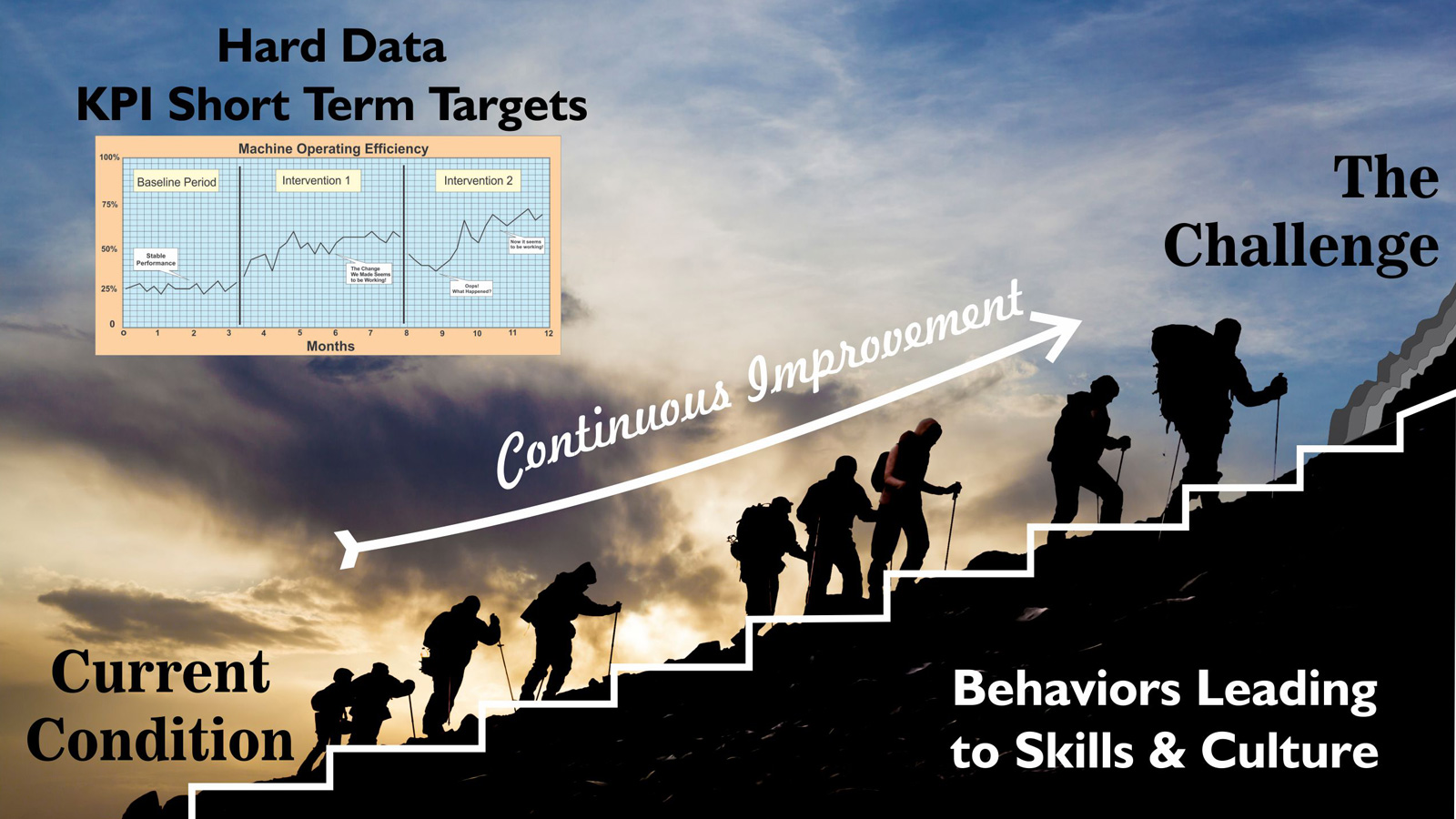The Continuous improvement manager is responsible for measuring and testing procedures in a company with an eye to improving production efficiency. He also identifies new metrics for judging efficiency, as well as work with human resources employees or trainers to develop curriculum to bring hires to peak efficiency quickly.
A process leader or a continuous improvement leader facilitates process improvement plans within a division or throughout a company as follow:
• Identify and document business and gap analysis for workflow
• Develop and implement business improvement strategies
• Coordinate and manage key process improvement/change projects (e.g. launch new products)
• Facilitate business process re-engineering within and across divisions
• Communicate to the business and stakeholders on projects and initiatives
• Make recommendations for change, involving process redesign and business case development
• Ensure efficient and effective resource use at the lowest cost
• Ensure accurate and organized process documentation in procedures, paperwork and computer business systems
• Prepare and present annual process review documents
• Supervise product quality by adherence to product and packaging specifications, sanitation and inspection
• Ensure ongoing coaching, development and training of team members for a productive work environment
• Establish measurable criteria to ensure desired results are obtained; provide management with updates via tracking reports on project progress
• Align process goals with company’s key initiatives/accountabilities
• Assist with identification of hard and soft training needs; identify potential workforce training grants
Assess your knowledge and experience
The Technical Body of Knowledge is an outline of topics covered on the certification exam. The Technical Competency Model describes the knowledge, skills, and abilities required by manufacturing professionals. It will help you better envision your role and evaluate your readiness for certification.
![]() Body of Knowledge
Body of Knowledge
• Process management, including mapping processes and systems,
• ISO standards, and systems thinking
• Lean, Six Sigma, theory of constraints, and other improvement approaches and methodologies
• Quality management, including building and maintaining basic quality systems
• Measurement
• Supply chain management
• Customer/market focus
• Statistical methods and quality tools
• Product/service design and development
• Project management
• Enterprise-wide quality leadership
• Executive/senior leadership
• Organizational strategic planning
• Strategic alignment, creating strategies that improve critical performance areas
• Team effectiveness, including team creation and performance
• Human resources – attracting, developing, engaging, and retaining people
• Communication effectiveness, persuasion/influence and information systems
• Certifications and assessment models
• Comprehensive measurement and holistic, balanced measurement systems
• Interpersonal and social skills, emotional intelligence (EQ),
• Leadership training, evaluation, and skill demonstration
• Underlying quality philosophies

